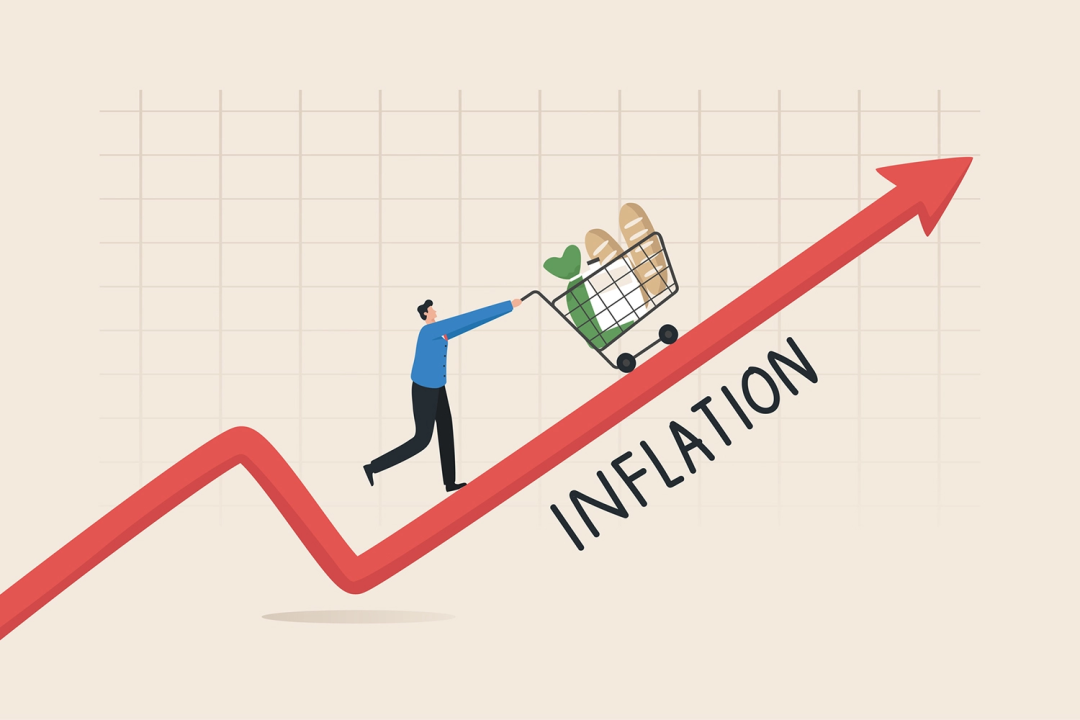
How Can I Avoid Lifestyle Inflation?
Lifestyle inflation, also known as lifestyle creep, occurs when your spending increases as your income grows. While it’s natural to want to upgrade your lifestyle, unchecked spending can hinder your ability to save, invest, and build wealth. Here are practical strategies to avoid lifestyle inflation and maintain financial discipline.
1. Set Clear Financial Goals
Having clear financial goals, such as saving for retirement, buying a home, or starting a business, can keep you focused on what truly matters. When you tie your income increases to these goals, you’ll be less tempted to splurge on non-essential items.
Action Step: Write down your short-term and long-term financial goals and review them regularly. This keeps you motivated to stay on track and avoid unnecessary spending.
2. Create and Stick to a Budget
A budget helps you manage your spending and ensures that you’re living within your means. As your income increases, adjust your budget to prioritize savings and investments, rather than increasing discretionary spending.
Action Step: Use the 50/30/20 rule for budgeting—allocate 50% of your income to needs, 30% to wants, and 20% to savings and investments.
3. Automate Your Savings
One of the best ways to avoid lifestyle inflation is by automating your savings. By directing a portion of your income to savings and investment accounts automatically, you reduce the temptation to spend money you don’t see.
Action Step: Set up automatic transfers to your savings, retirement, or investment accounts as soon as you receive your paycheck. Aim to save at least 20% of your income.
4. Track Your Spending Habits
Monitoring your spending patterns helps you identify areas where you may be overspending. Apps and budgeting tools can give you real-time insights into how you’re managing your money, allowing you to adjust as needed.
Action Step: Use personal finance apps like Mint, YNAB (You Need A Budget), or PocketGuard to track and categorize your spending.
5. Resist Peer Pressure
As you advance in your career, you may feel the pressure to match the lifestyle of your peers or colleagues. However, trying to keep up with others can lead to unnecessary expenses and lifestyle inflation.
Action Step: Focus on your personal financial goals rather than comparing yourself to others. Remember that financial success is about building wealth, not keeping up appearances.
6. Avoid Expanding Your Fixed Costs
Fixed expenses, such as rent, car payments, and utility bills, tend to increase with lifestyle inflation. Resist the urge to upgrade your home, car, or lifestyle immediately after receiving a raise.
Action Step: Keep your fixed costs in check by maintaining your current living standards for a few more years, even as your income increases. This allows you to save the extra income for future investments.
7. Invest in Experiences, Not Things
Research shows that experiences, such as travel or learning new skills, bring more long-term happiness than material possessions. Instead of spending money on luxury items, invest in experiences that align with your personal growth and well-being.
Action Step: Allocate a portion of your discretionary income to activities or experiences that enrich your life, such as travel, hobbies, or educational courses.
8. Celebrate Small Wins Modestly
While it’s important to celebrate achievements and milestones, avoid celebrating every success with lavish spending. Modest celebrations can be just as rewarding without derailing your financial progress.
Action Step: Choose more budget-friendly ways to celebrate, like hosting a small gathering at home instead of splurging on expensive dinners or vacations.
Final Thoughts:
Avoiding lifestyle inflation is key to achieving long-term financial success. By setting clear goals, budgeting wisely, and staying focused on saving and investing, you can enjoy the benefits of a growing income without sacrificing your financial future. Remember, wealth-building is a marathon, not a sprint, so discipline and consistency are essential.



